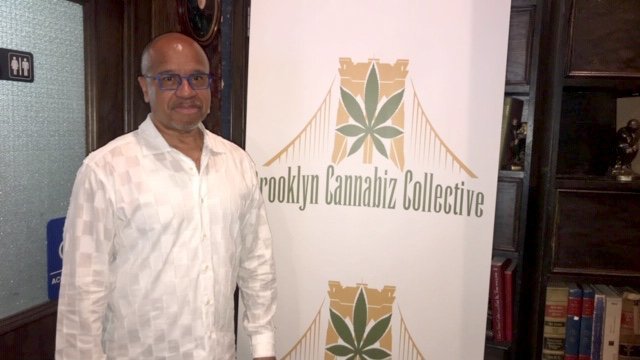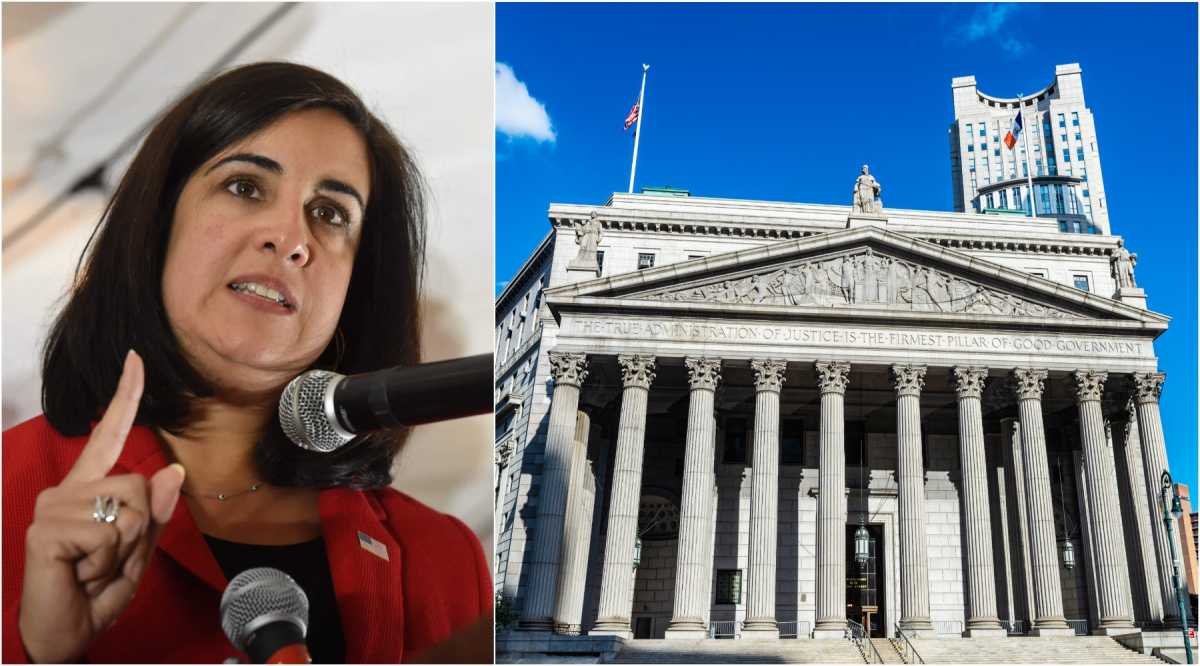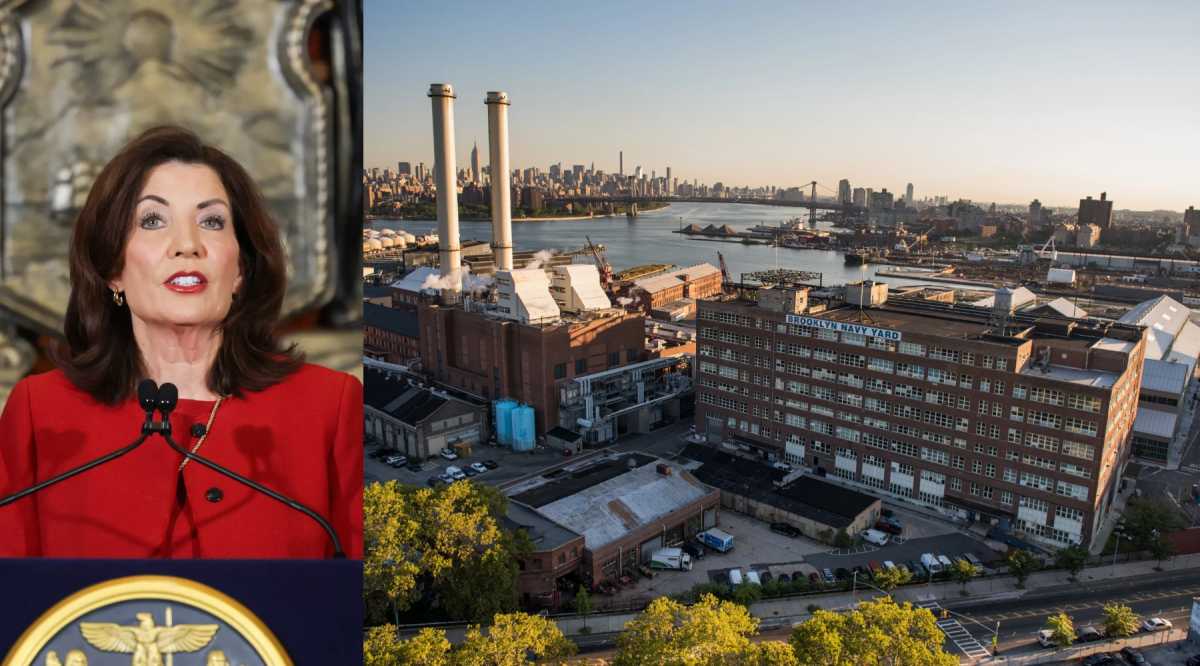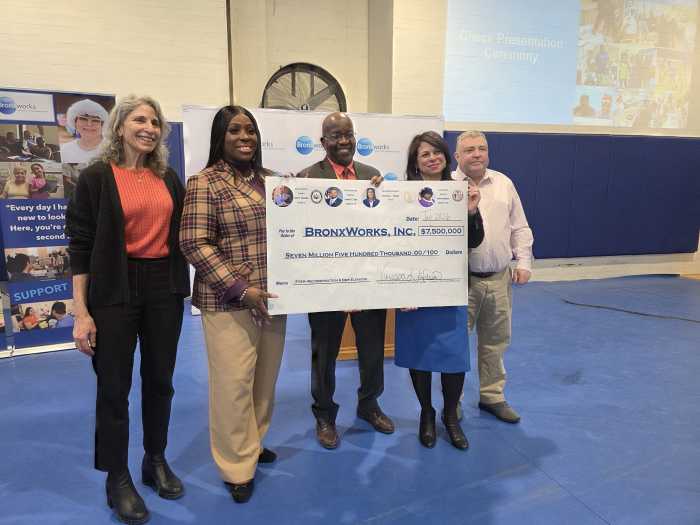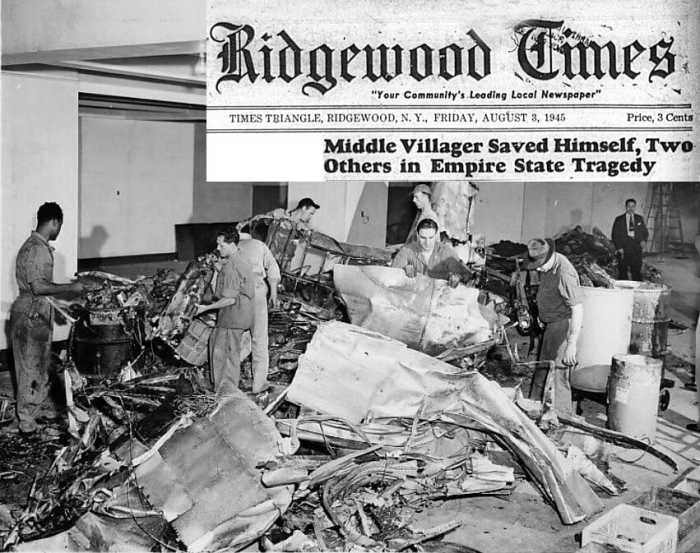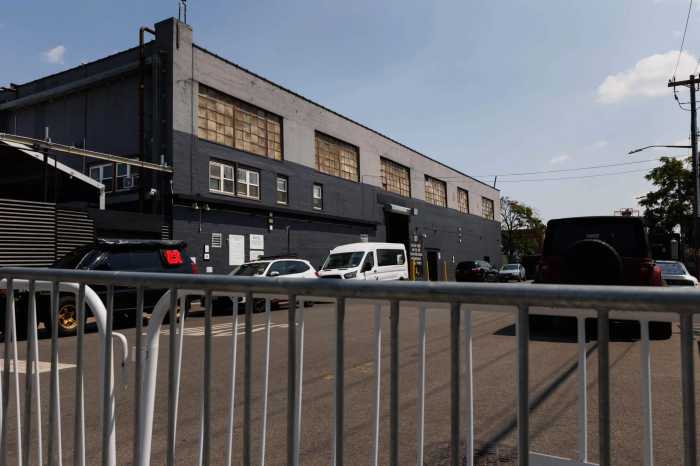Brooklyn Cannabiz Collective kicked off their 2019 Cannabis Trailblazer Awards ceremony last night with attendees sporting smiling faces and an eagerness to receive an abundance of knowledge about the growing cannabis industry.
Citiva, Brooklyn’s first medical marijuana dispensary sponsored the event held at Bedford Hall in the heart of the Bedford-Stuyvesant community. It was created to celebrate and honor individuals in the industry who made a mark in the industry in various ways.
The mastermind group was founded in Brooklyn in November of 2018. Its mission, “to educate members by researching and sharing cannabis related information allowing for informed decision making when potential opportunities are uncovered.”
Prior to serving as the master of ceremonies, founding member, Al Florant shared a little bit about his journey, how he became inspired by the cannabis industry and what he thought his organization could do for communities of color.

“I was born and raised in Bed-Stuy and now I’m a retired financial advisor from Met Life. I’ve been preaching to the congregation for years about the need for us to be less consumers and more investors so the community can build wealth,” recalled Florant.
“I was inspired I would say in November of last year to start the Brooklyn Cannabiz Collective. However, there were events that I attended well over three years ago that specifically inspired me. One was where a young woman by the name of Sirita Wright who was working with Black Enterprise at the time, spoke about the burgeoning stock industry of Cannabis and how lucrative it would be for anyone looking to invest and build generational wealth for their family. I was astounded by her depth of knowledge and what was coming down the road.”

Wright has since moved on from Black Enterprise as a Social Media Strategist and is now the co-founder for EstroHaze a multimedia company providing cannabis business and lifestyle information to masses. Ms. Wright was one of the night’s honorees who received a Trailblazer Award for Advocacy in the industry.
Florant went on to say he felt African Americans had already missed the real estate train on investing in brownstones throughout the Brooklyn and Harlem boroughs as well as the tech boom that has created job opportunities such as programmers, developers, coders, computer analysts, etc.
According to Bloomberg News, among the 8 largest tech companies, black workers in technical jobs have only rose to 3.1% in 2017. Facebook being one of them, states that just 3% of its workers are black which is up from 2.5% in 2014. According to the U.S government, the latest data reinforces the lack of representation with findings that say African Americans only make up 7% of the high tech workforce. (http://fortune.com/2018/06/08/tech-companies-hiring-black-workers/)
“There is a lot of stigma around cannabis but I’m a strong believer that for a lot of products we can’t just be consumers we have to start becoming investors. There’s a lot of people of color who own Apple iPhones and don’t own stock in Apple. There are individuals who will buy expensive Nike sneakers and own no stock in Nike. What I want to do is make sure we are educated and informed so one can make key decisions when we choose to invest,” said Florant.

Gia Morón received the Trailblazer Award for Education. She currently serves as the Executive VP for Women Grow. The organization’s primary goal is turn legal cannabis into the first female led billion dollar industry.
As CEO and Editor-in-Chief of The Green Market Report, Debra Borchardt was one of the panel speakers who spoke about the economic side of the market. Her website is geared towards providing financial news and data analysis about the cannabis industry.
Reverend Anthony Trufant received the Trailblazer award for Courage. He is the Senior Pastor at Emmanuel Baptist Church, 279 Lafayette Avenue in Clinton Hill.
Kenyetta Rose serves as treasurer for the Brooklyn Cannabis Collective. She shares her hope for the organization and its goals in the community. “I want cannabis to become a path of financial growth. My hope is that the African American community sees an overall shift within their minds from just recreational use or for stress to an economic opportunity because it’s an industry that we can benefit from immensely.”



